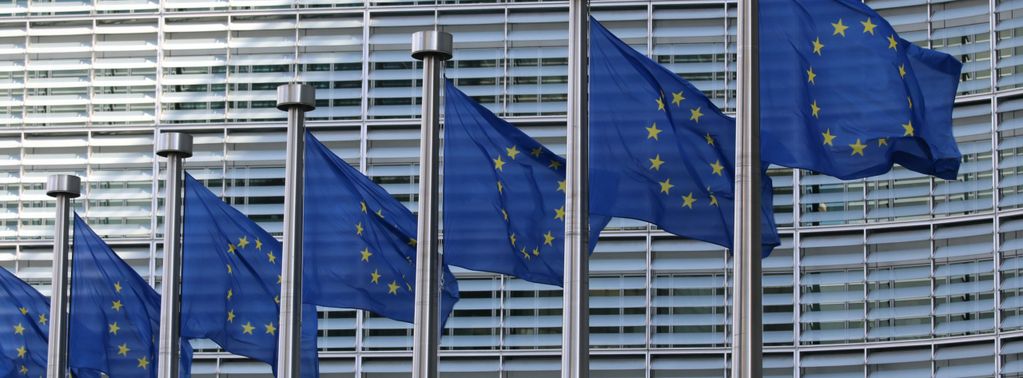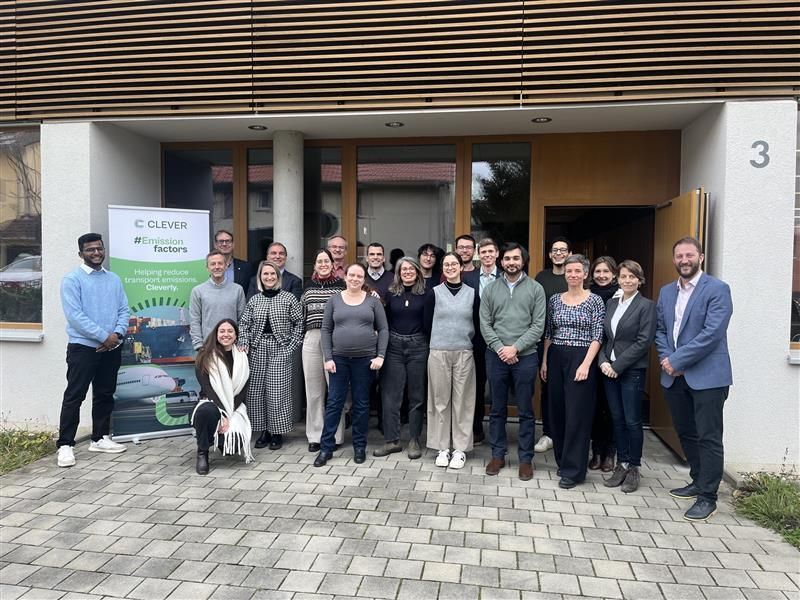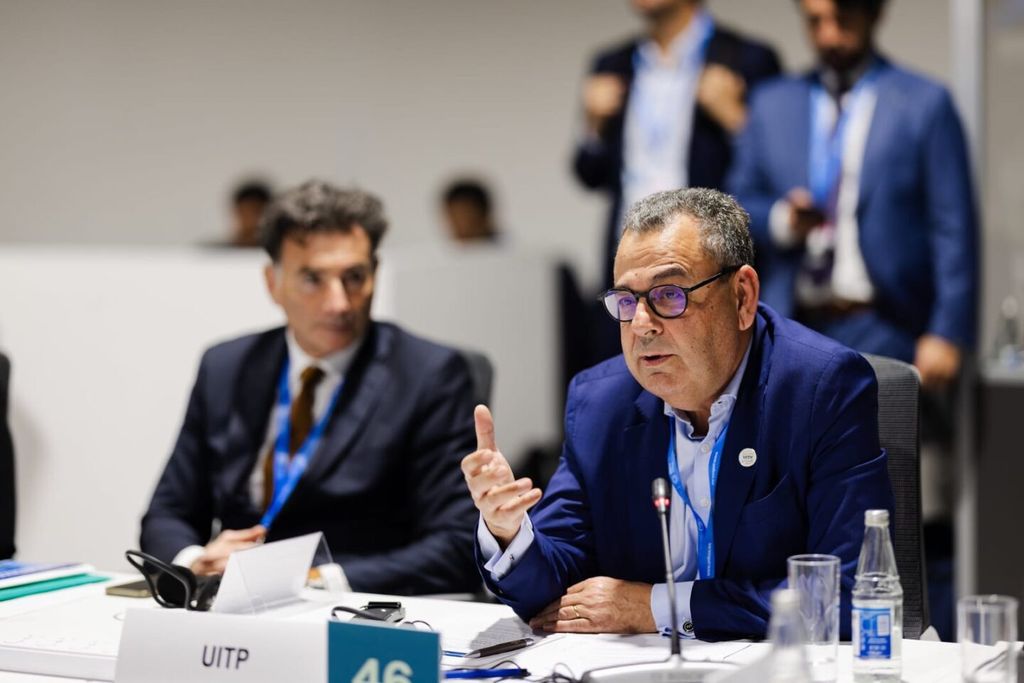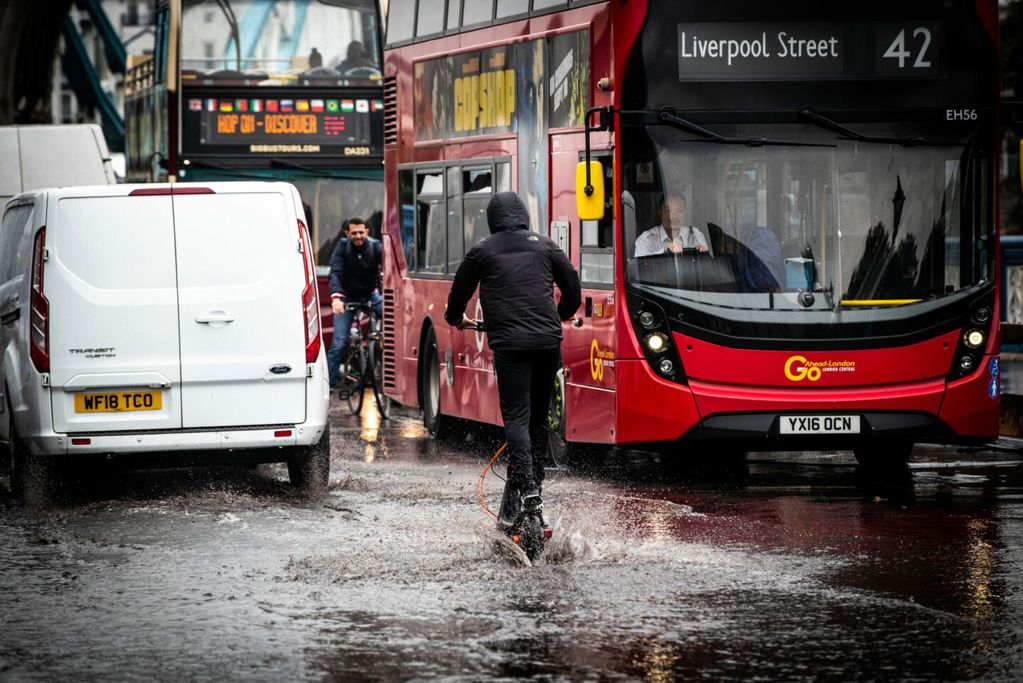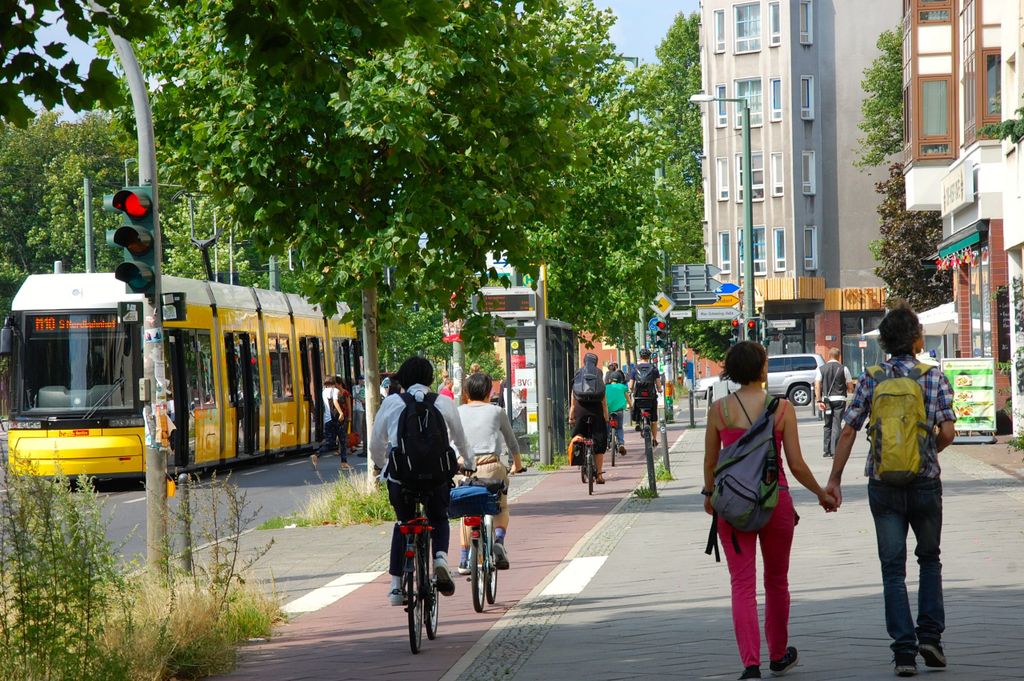
Towards climate neutral cities by 2030: UITP will ensure public transport plays a key role
Delivering on the Green Deal
As we saw earlier this month during UITP’s activities for EU Green Week and the International Transport Forum Annual Summit, public transport must be at the heart of resilience and decarbonisation plans, boosting social inclusion and economic wellbeing. Cities require a holistic approach for liveable cities, integrating public transport as part of the wider vision for health, road safety, global competitiveness and so on…
The European Green Deal is pushing European Member States towards a 55% cut in emissions by 2030 and climate neutrality by 2050. UITP is a partner in NETZEROCITIES, which is supporting them by identifying and overcoming the root causes that hinder climate action at local scale, creating better lives for citizens, their children and the planet. UITP is working to make sure public transport is taken into account for sustainable and resilient cities.
As part of the Horizon Europe programme, the EU has launched a Mission “100 Climate-Neutral and Smart Cities by 2030”. The objectives of the mission are to achieve 100 climate-neutral and smart European cities by 2030 and to ensure that these cities act as experimentation and innovation hubs. The Mission is fully anchored on the Green Deal.
Last Thursday, 16 June, the 112 cities gathered to officially kick off the mission!
Say hello to NETZEROCITIES
NZC will support cities in putting their climate ambitions into action to achieve the ambition to achieve climate neutrality. The project will provide cities with world-class expertise and services tailored to their needs.
Cities are the place where decarbonisation strategies for energy, transport, buildings and even industry and agriculture coexist and intersect. The climate emergency must be tackled within cities and by engaging citizens who are not only political actors in a governance structure, but also users, producers, consumers and owners. It requires participatory models of governance with commitments and actions from different sectors of society. Only through a multi-level and co-creative process can net zero cities be achieved. It is therefore necessary to build a larger dialogue with a local coalition of users and providers to co-generate solutions and actions for the society we want when striving for carbon neutral cities.

…and public transport should play a key role
Back in April, the European Commission chose the 100 cities plus 12 cities from Horizon Europe-associated countries to lead the mission. We are happy to see UITP has active members in virtually all of these cities and we are looking forward to working with them to ensure public transport and complementary mobility plays a part in every cities’ tailor-made climate city contract.
The climate city contracts are drawn up by cities, involving citizens and partners, and set out their plans to achieve climate neutrality by 2030. The contracts are a clear and highly visible political commitment.
According to the European Mobility Framework, over 70% of EU citizens live in cities which generate 23% of all transport greenhouse gas emissions. To reach the goal of climate neutrality as well as the global Sustainable Development Goals, it is important to decarbonise the transport sector and invest in sustainable technologies. But decarbonising individual private transport is not enough. The most affordable but largely overlooked way to achieving net carbon neutrality is to provide people with attractive clean transport options such as public transport, walking and cycling.
“Public transport is a quick win climate solution staring us in the face. Embracing it will be a determining factor in reaching carbon neutral cities as well our health and wellbeing.”
- 52,268,106
citizens live in the 100 EU cities
- 11.7%
of the EU population
Public transport helps to achieve carbon neutrality in cities worldwide. Cities are our driving forces to cleaner, greener living and UITP will continue to advocate for public transport alongside our international members and partners.
